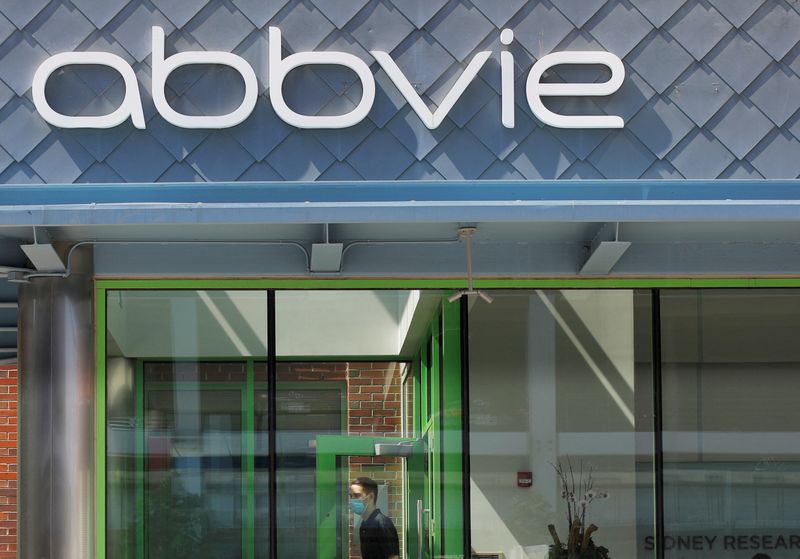(Reuters) - AbbVie Inc (NYSE:ABBV) said on Wednesday the U.S. Food and Drug Administration had declined to approve its Parkinson's disease therapy for adults and had requested for more information on the device used to administer the treatment.
The therapy, ABBV-951, is a formulation of carbidopa-levodopa, the standard of care for the disease. It is administered subcutaneously, or under the skin, through an infusion pump.
The company's application was based on data that showed the therapy significantly extended the time that patients did not observe involuntary movement, compared to orally administered carbidopa-levodopa.
Parkinson's disease causes unintended or uncontrollable movements and is characterized by "off" periods in patients under therapy for a long period.
The U.S. health regulator has not sought additional efficacy and safety trials, the company said, adding it plans to resubmit the marketing application as soon as possible.

Evercore ISI analyst Gavin Gartner (NYSE:IT) said it was an unfortunate decision as the therapy could possibly be one of AbbVie's biggest new product launches over the next year or two.
Analysts have forecast sales of $1.3 billion for AbbVie's therapy in 2028, according to Refinitiv data. The company's shares were marginally lower in morning trade.